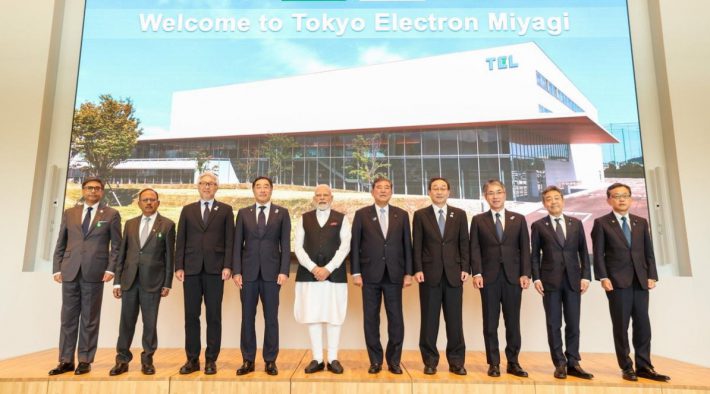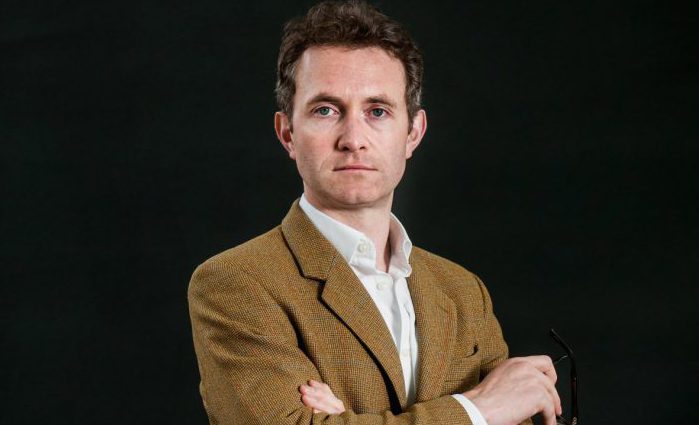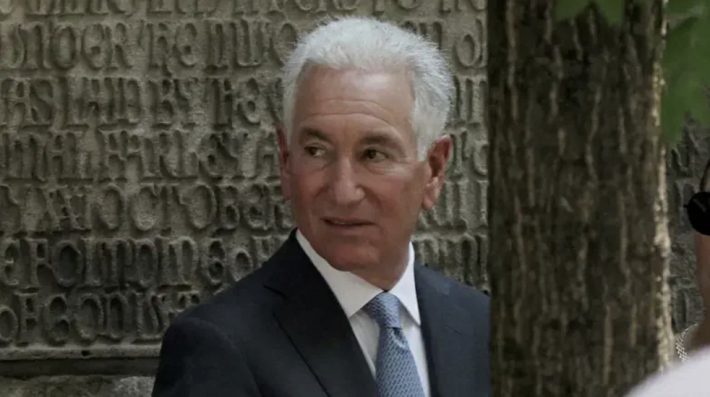Trump deserves the nearly universal accolades for the courageous military strike on Iran. But his reversal from pursuing his stated goal of ‘unconditional surrender’ squandered the historic opportunity not just to ‘obliterate’ the Fordow site but to defeat the weakened Iran completely. Opinion.
Within days after the Trump-arranged ceasefire, the Iranian parliament voted to halt international safeguards and push forward with nuclear enrichment. After a brief respite from war weariness, the news headlines state that the ‘war is not over’, ‘the ceasefire was a mistake’, and Iran could be enriching uranium within months. The Iranian foreign minister declared that no ceasefire exists and young Iranians are asking not “why did the war begin?”, but “why did it stop?”
The implication is clear: Beware of Ayatollahs bearing ceasefires. With fanatical Islamic regimes, only victory, not ‘ceaseless ceasefires’, will ensure a lasting and secure peace. Even if the spectacular Twelve Day War results in an end to Iran’s nuclear ambitions, which appears unlikely, it may temporarily delay the threat of annihilation, but leaves unaddressed an imminent resumption of conventional threats looming over Israel and the world. The recent history of multiple ceasefires culminated in the recent October 7 catastrophe. This strategy only kicks the explosive can down the road.
On June 17, 2025, Trump posted on Truth Social that “patience is wearing thin,” followed by: “UNCONDITIONAL SURRENDER.” This was the first time that a leader of a nation state called for unconditional surrender since Harry S. Truman offered Japan an “alternative to prompt and utter destruction.” Truman declared: “We call upon the government of Japan to proclaim now the unconditional surrender of all Japanese armed forces”.
A year and a half ago, I argued in The American Spectator (12/23/23) that “Israel Must Obtain an Unconditional Surrender” in the Hamas war. The same applies to the Iran war.
Trump deserves the nearly universal accolades for the courageous military strike on Iran. But his reversal from pursuing his stated goal of ‘unconditional surrender’ squandered the historic opportunity not just to ‘obliterate’ the Fordow site but to defeat the weakened Iran completely. Although Iran claims it will never surrender, the pursuit of total victory can ensure a de facto, if not de jure, surrender. Trump’s imposed ceasefire may reflect his desire to not only be ‘America’s Dealmaker in Chief,’ but also the ‘World’s Peacemaker in Chief,’ perhaps in the hope of strengthening his credentials to earn the Nobel prize.
The Trumpian pivot towards a ceasefire has already led to delays, deceptions, and dangers. If negotiations resume, these will be with a regime that absurdly declared victory, and will expect Israel and now the U.S. to sue for peace, reversing the standard protocol of war. The goal should not be “making Iran great again” under the current regime. This will allow it to refuel, resume spreading chaos, and renew its mission of destroying the Great Satan and the Little Satan.
Israel’s successful attacks, followed by the bunker buster bombs, were a latter-day ‘Hiroshima-Nagasaki’ one-two punch, minus loss of human life. If continued, they could have been the knockout blow leading to an implicit unconditional surrender. Victory requires destroying or degrading not only Iran’s nuclear capability, but also their armed forces, their economic means of sustaining war, and their will to persevere.
The Ayatollah needs to hear, not Trump’s unprecedented, genteel ‘thank you’ for warning the U.S. about missiles launched on their airbase, but rather, in a language understood by Middle East fanatics: Unconditional surrender, or face “prompt and utter destruction”.
The reason for this is twofold. First, in the previous negotiations, Trump focused only on Iran not developing a nuclear weapon, not, as noted, on eliminating ballistic missiles, funding of terror, or their intent to destroy Israel and ultimately the West. If Iran had agreed to give up nuclear weapons, the immediate threat of annihilation would have been removed, at least temporarily. It’s increasingly presumed that Iran has hidden nuclear resources and will secretly resume production. If economic sanctions are lifted as part of the deal, Israel and the rest of the world will remain subject to a re-empowered regime bent on spreading destruction.
Second, this extreme Islamic regime no doubt adheres rigidly to the Koran and Hadith, which prohibit peace with infidels, allowing only time-limited ceasefires to buy time for the weakened Muslims to regroup and resume the offensive. Raymond Ibrahim, noted Islamic specialist, wrote in a 2008 article entitled “Islam’s Doctrines of Deception” in the Middle East Forum that, following Muhammad’s treaty of 628 A.D., Muslims may refrain from battle with infidels for a maximum of ten years. Historical precedent confirms this, as the period of calm between all Israeli-Palestinian Arab conflicts has never exceeded ten years, with a range of 3 to 7 years.
This is why Arafat never accepted generous peace offers and why the Ayatollah has not and will not. That is, unless Israel is allowed, preferably with the kinetic support of the United States, to pursue a new policy not employed since World War II: Not ‘Peace Through Strength’, but ‘Peace Through Victory’.
This would create externally imposed conditions on the ground for an internally driven regime change by the eighty percent of Iranians who oppose the current theocracy. They might endorse Reza Pahlavi’s proposal for a free and democratic Iran, or another favored by the Iranian majority. No, Iran is not Afghanistan or Iraq. Unlike these discredited attempts, this regime change will come from within, but it also needs support from without. The necessary and sufficient conditions are waiting in the wings.
After the Iran strikes, President Trump offered God’s blessings to many. I remind Trump of the poetic passages in Ecclesiastes 3:1-8: “To everything there is a season, and a time for every purpose under the Heaven…A time to love, a time to hate; a time of war, and a time of peace.” The Hebrew phrase for this is: “Now is the time.”
Hopefully, he will ‘keep calm, reconsider, and carry on’ with his earlier goal of unconditional surrender. A genuine lasting peace, not another ceasefire, will yield the bigger prize-and more likely the Nobel as well.
Robert M. Schwartz, Ph.D.is a psychologist and former Assistant Professor of Psychiatry and Psychology at the University of Pittsburgh School of Medicine. He has published pioneering scientific articles on positive psychology, as well as political and social commentaries in The American Spectator, The American Thinker, The Christian Science Monitor, The Pittsburgh Post-Gazette, The Jerusalem Post, Arutz Sheva, and other publications. He can be contacted at robsch77@gmail.com





